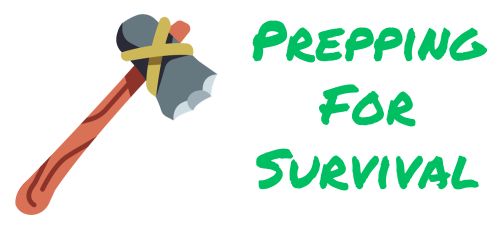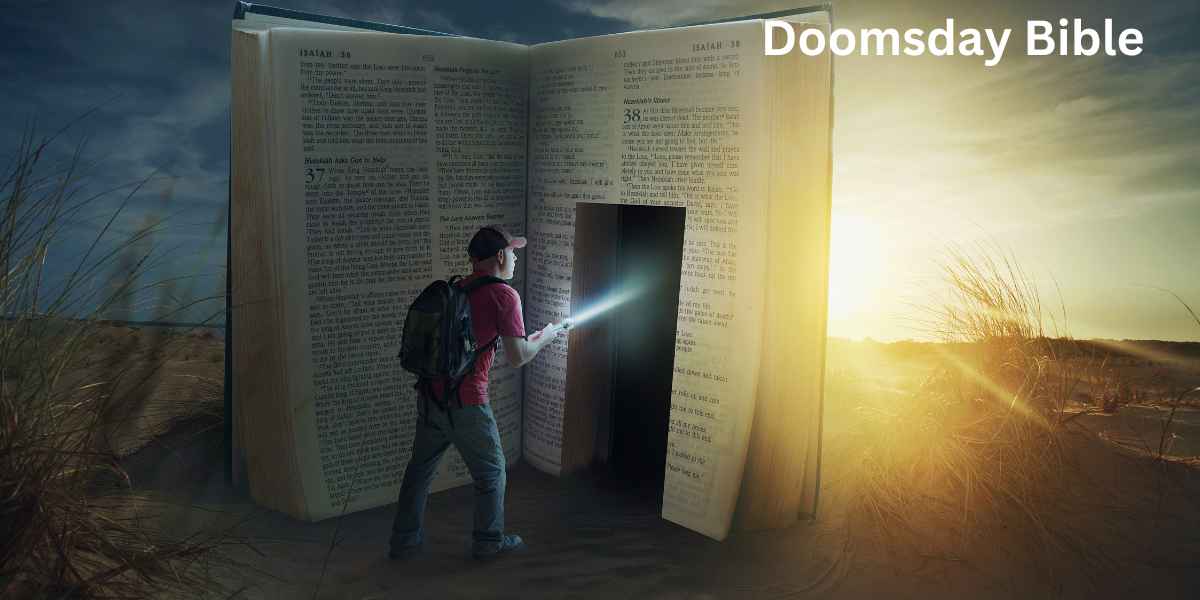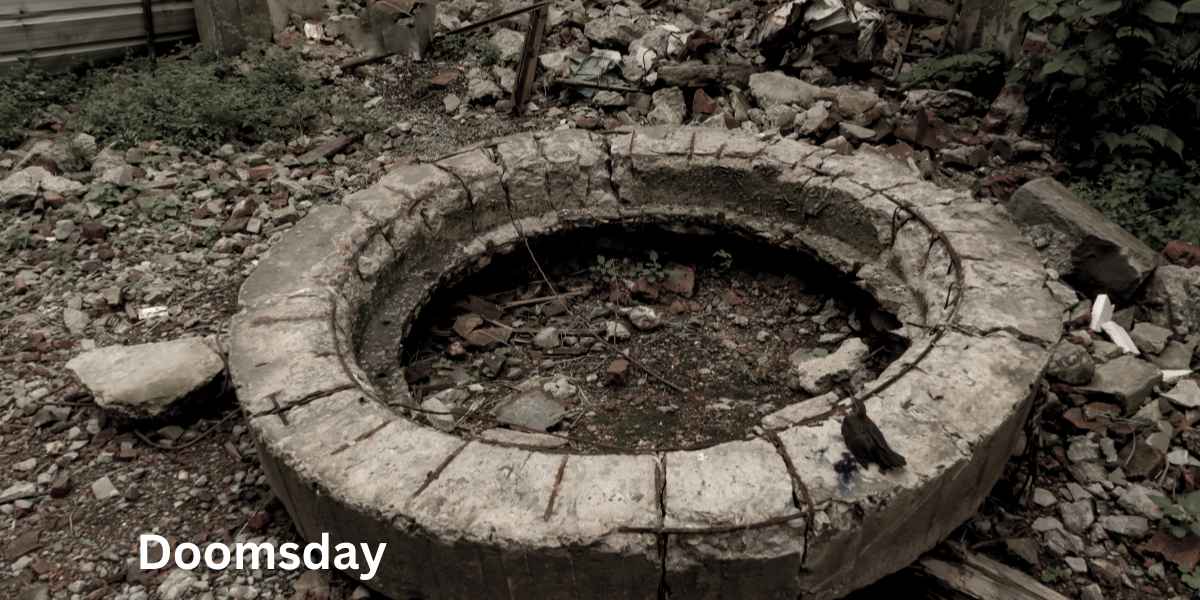Doomsday in the Bible: A Comprehensive Exploration
The concept of doomsday in the Bible has fascinated, comforted, and sometimes terrified people for centuries. From vivid imagery in Revelation to prophetic warnings in the Old Testament, biblical doomsday presents a narrative of divine judgment, redemption, and hope. But what does it truly mean? And how can understanding it provide clarity in a world often marked by uncertainty and fear?
In this article, we’ll explore what the Bible says about doomsday, unravel its theological significance, and examine how it has shaped faith and culture. Whether you’re curious or seeking deeper understanding, this guide offers practical insights into the biblical perspective on the end times.
Understanding Doomsday in the Bible
Biblical references to doomsday revolve around the idea of an ultimate judgment or “Day of the Lord.” It marks the culmination of God’s divine plan and the restoration of His kingdom.
Key Biblical Passages
- Revelation 20:11-15: Describes the Great White Throne Judgment, where all humanity is judged according to their deeds.
- Matthew 24:36-44: Jesus speaks of the sudden and unpredictable nature of the end times.
- 2 Peter 3:10: Depicts the destruction and renewal of the heavens and earth.
These passages highlight themes of accountability, divine justice, and the promise of eternal life for the faithful.
The Theology Behind Biblical Doomsday
Judgment and Redemption
At its core, doomsday in the Bible is not solely about destruction. It’s a moment of reckoning that underscores God’s justice and mercy. For believers, it offers the hope of salvation and eternal life.
The Role of Prophecy
Prophecy plays a central role in biblical teachings on doomsday. Books like Daniel, Isaiah, and Revelation use symbolic language to convey God’s plan for humanity, often intertwining historical events with future promises.
A Call to Preparedness
Scripture repeatedly emphasizes vigilance and faithfulness:
- Matthew 25:1-13 (Parable of the Ten Virgins): Encourages readiness for the arrival of God’s kingdom.
- Luke 21:36: Advises believers to stay awake and pray for strength in times of trial.
Common Questions About Doomsday in the Bible
What is the purpose of biblical doomsday?
The purpose is twofold:
- To fulfill God’s promise of justice and redemption.
- To restore creation to its intended perfection.
Does the Bible provide a timeline for doomsday?
The Bible explicitly states that no one knows the exact time of the end, as seen in Matthew 24:36: “But about that day or hour no one knows, not even the angels in heaven, nor the Son, but only the Father.”
How should Christians interpret apocalyptic symbols?
Symbols like the Four Horsemen or the Beast in Revelation are often metaphorical, representing spiritual truths or historical realities. Scholars recommend interpreting them within the context of the entire Bible.
Doomsday in the Bible vs. Modern Perceptions
The biblical portrayal of doomsday often contrasts sharply with popular culture’s depiction of apocalyptic scenarios.
Biblical Focus on Renewal
While movies and books frequently emphasize chaos and annihilation, the Bible frames doomsday as a transformative event leading to renewal and eternal peace:
- Revelation 21:1-4: Promises a new heaven and earth where sorrow and pain no longer exist.
Pop Culture’s Influence
Modern interpretations often borrow from biblical imagery but focus on fear rather than hope. Understanding the original biblical context can help dispel misconceptions and emphasize the message of faith and preparation.
Lessons from Biblical Doomsday
Biblical teachings on doomsday offer timeless lessons that resonate beyond theology.
Accountability and Ethics
The idea of a final judgment encourages self-reflection and ethical living. It reminds believers of their responsibility to uphold justice, love, and compassion in their daily lives.
Faith Over Fear
While the concept of doomsday may seem intimidating, the Bible assures believers of God’s sovereignty and love. Trust in His plan can replace fear with hope and resilience.
Community and Support
Biblical doomsday emphasizes collective faith and action. Building a supportive community can strengthen preparedness for both spiritual and practical challenges.
Practical Steps for Engaging with Biblical Doomsday
Understanding biblical doomsday isn’t just about intellectual knowledge—it’s about applying its principles to everyday life.
Study the Scriptures
- Read key passages like Revelation, Daniel, and Matthew with the help of reputable commentaries.
- Join Bible study groups to gain diverse perspectives.
Live with Purpose
- Align your actions with biblical teachings on love, humility, and stewardship.
- Focus on building relationships that reflect God’s grace.
Prepare Spiritually and Practically
- Strengthen your faith through prayer, worship, and acts of service.
- Stay informed about global issues to align your preparedness with current realities.
Embracing the Hope of Biblical Doomsday
So, what does doomsday in the Bible truly mean? At its heart, it’s a message of justice, renewal, and the fulfillment of God’s promises. While it includes warnings of judgment, it also offers profound hope for those who seek God’s grace and follow His teachings.
By understanding the biblical narrative, we can approach doomsday with clarity and confidence. Rather than fearing the unknown, let it inspire us to live purposefully, deepen our faith, and extend compassion to others.
Take the first step today by exploring the Bible’s teachings on doomsday and reflecting on how they can shape your life. Whether you’re a seasoned believer or new to faith, the message remains clear: God’s plan is one of redemption, not despair.





Leave a Reply